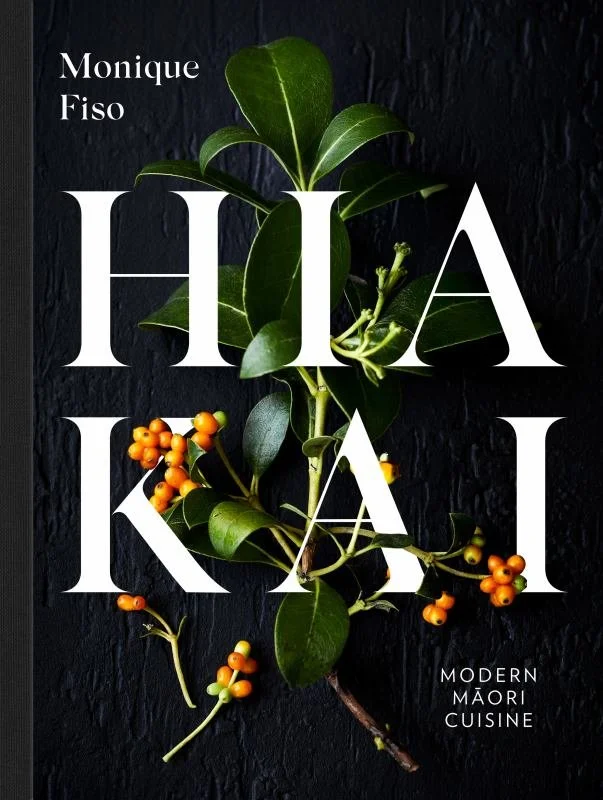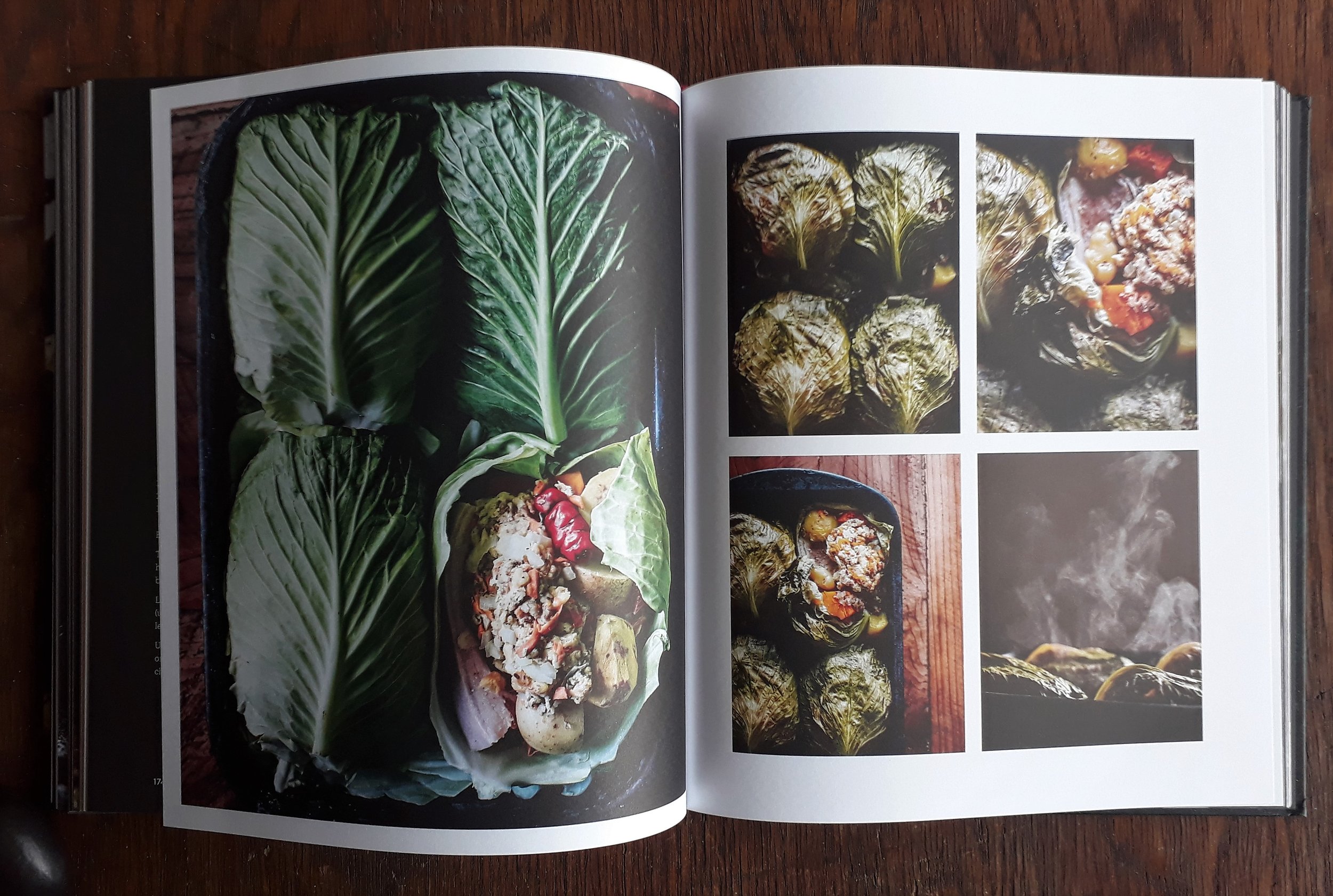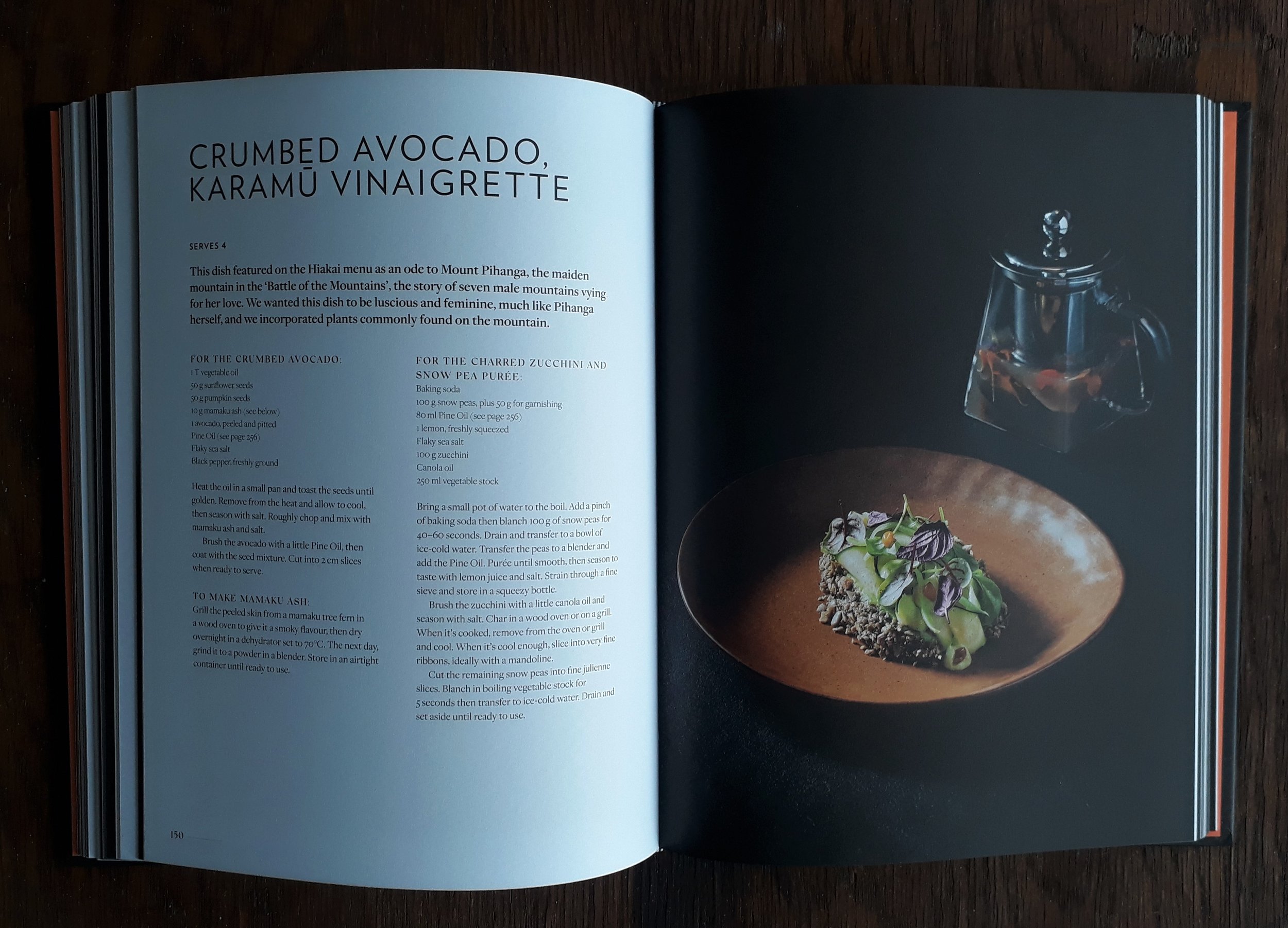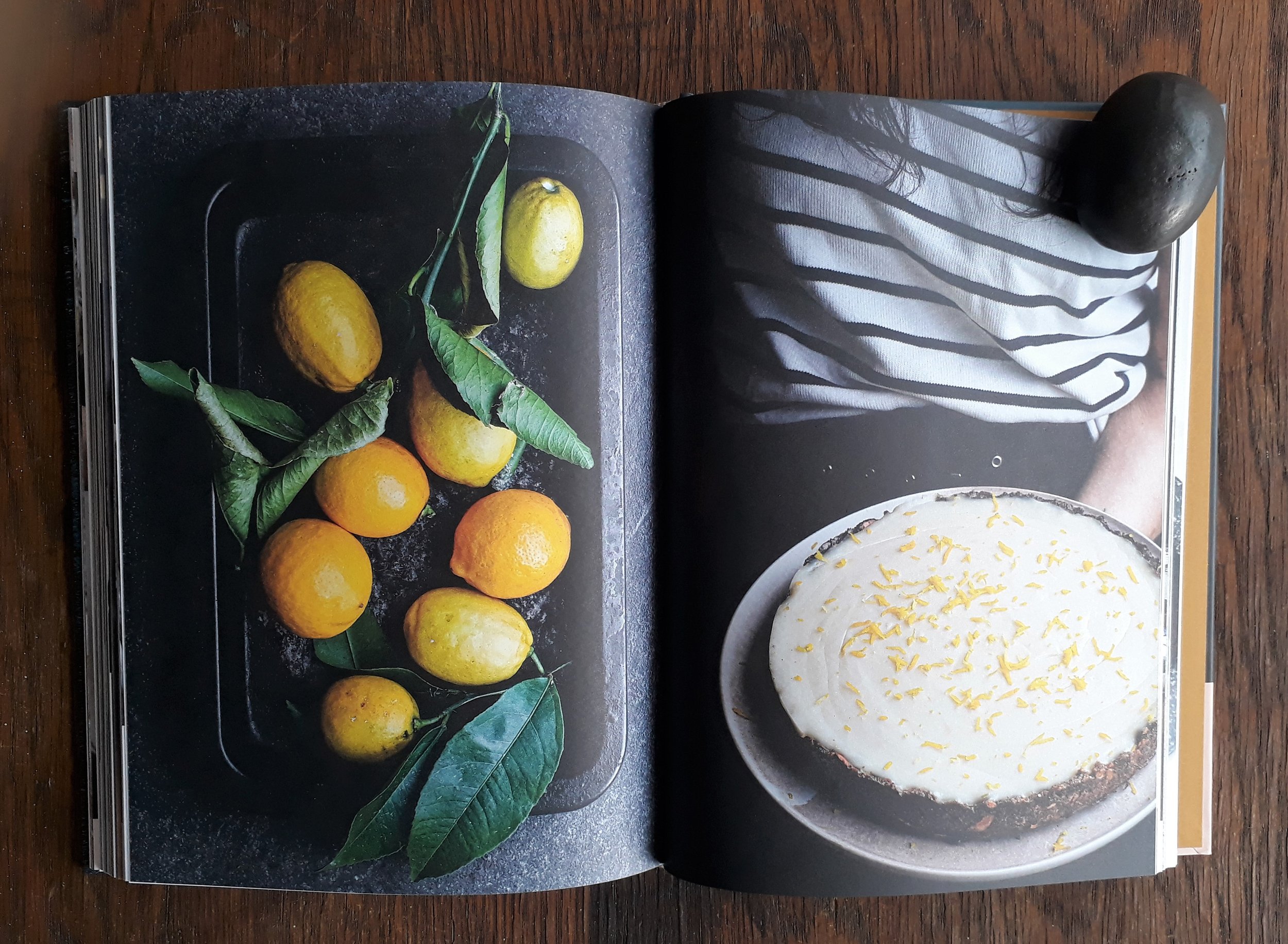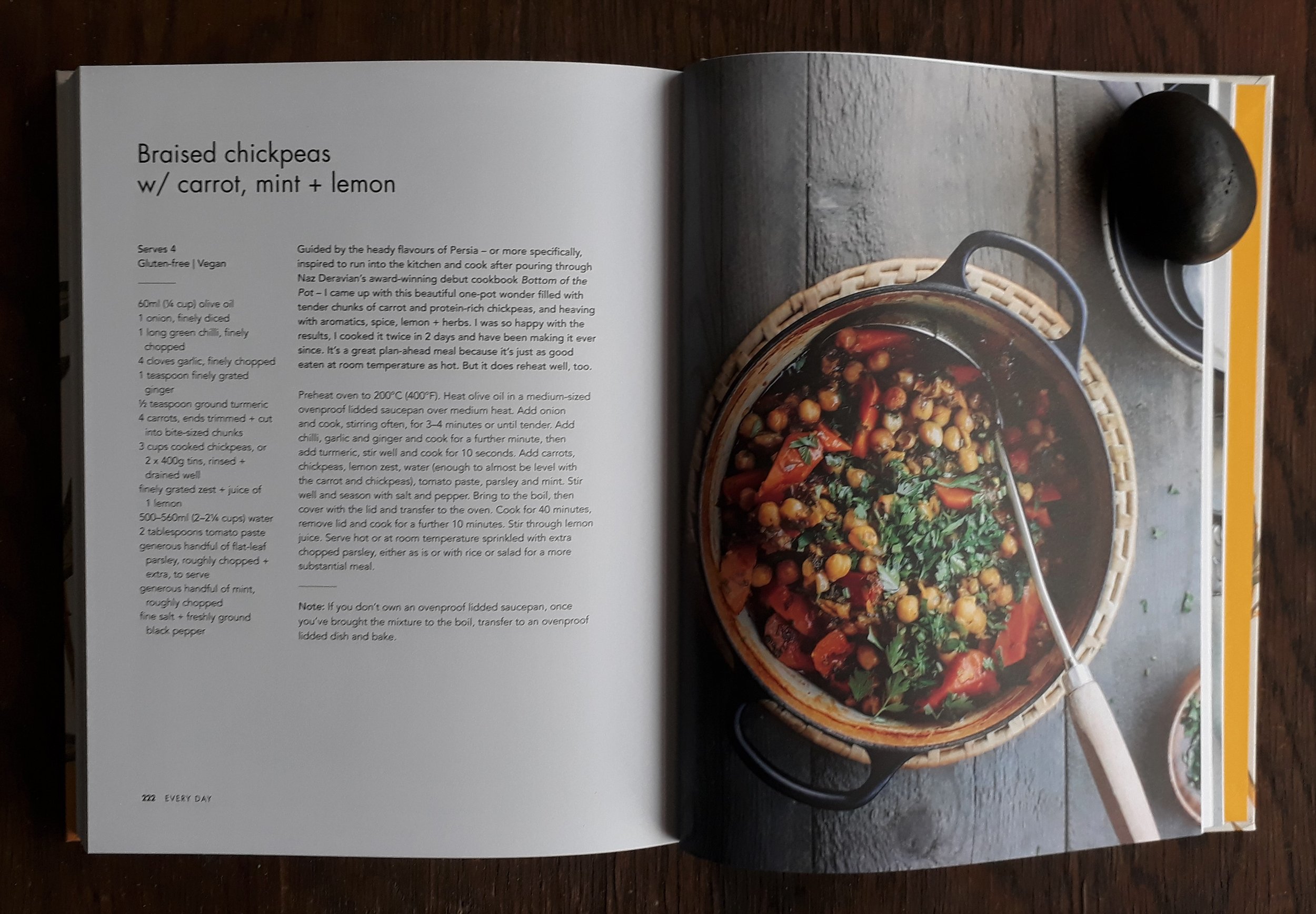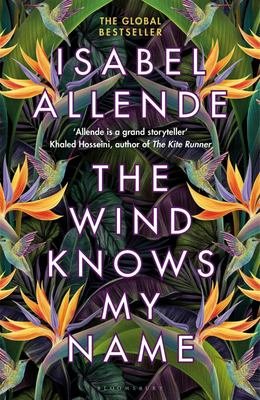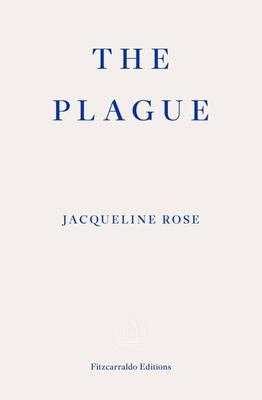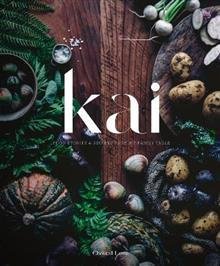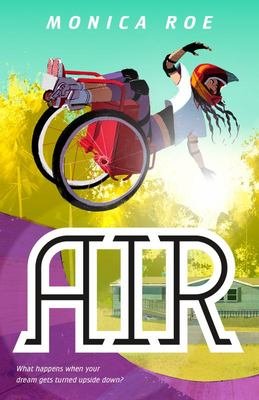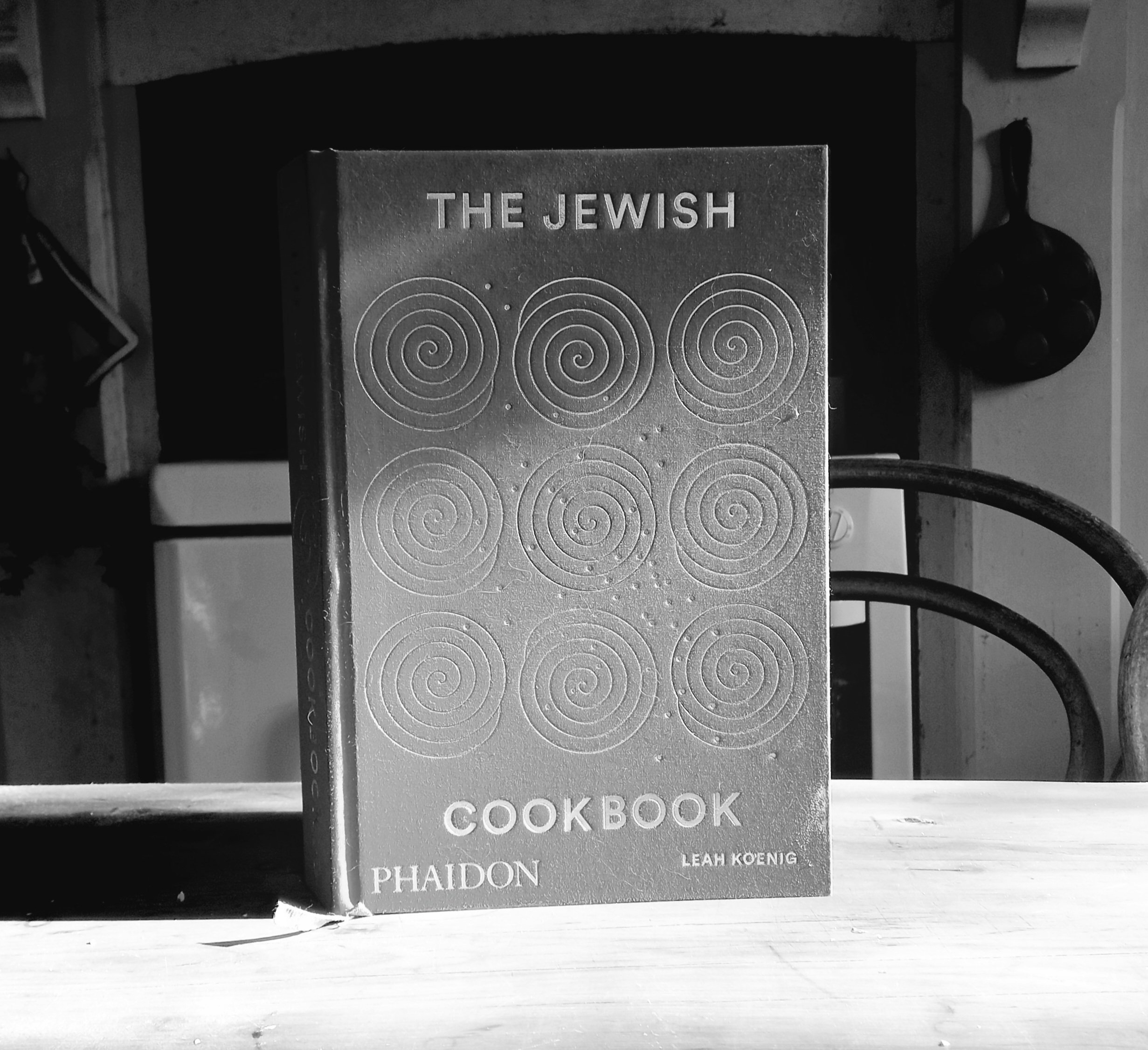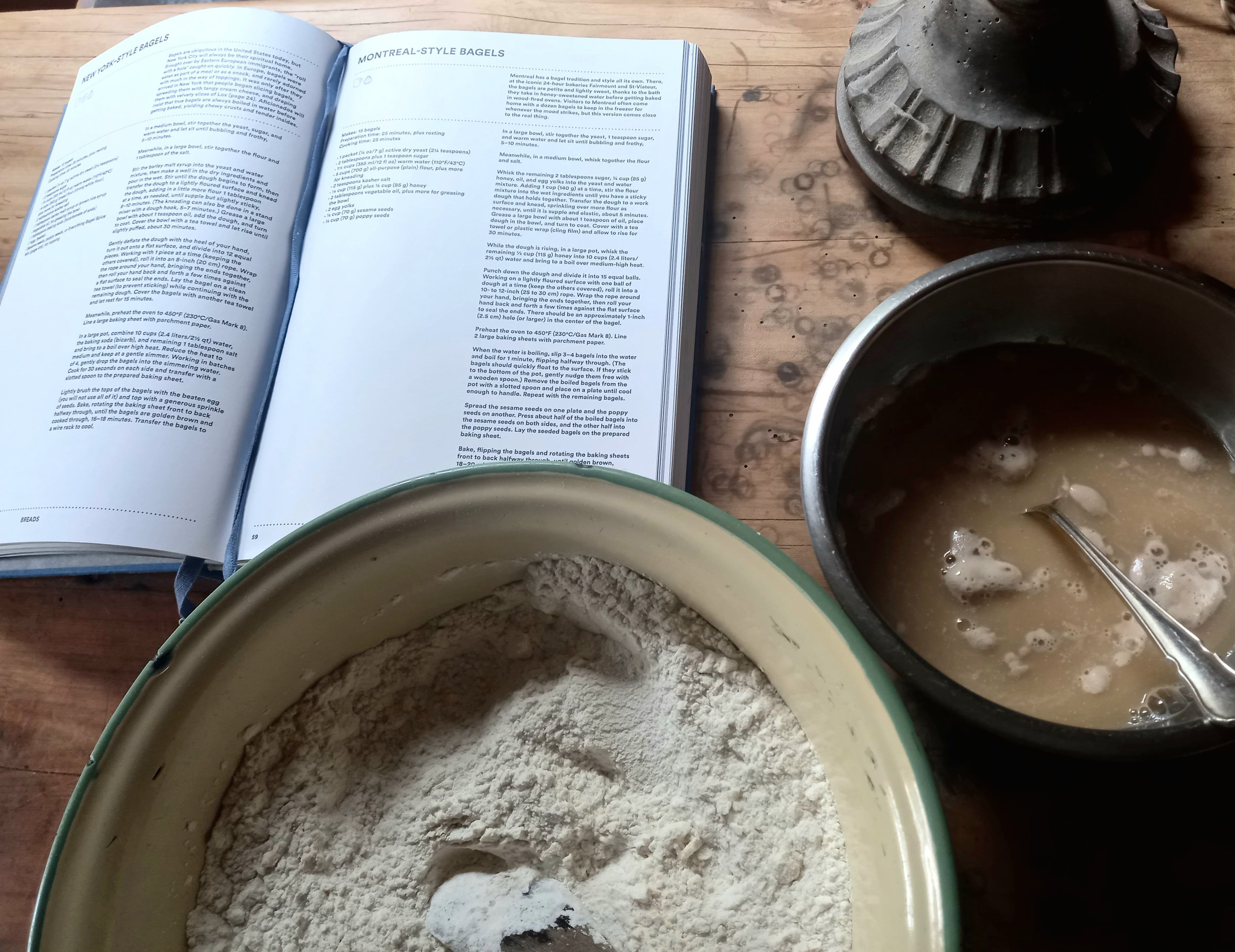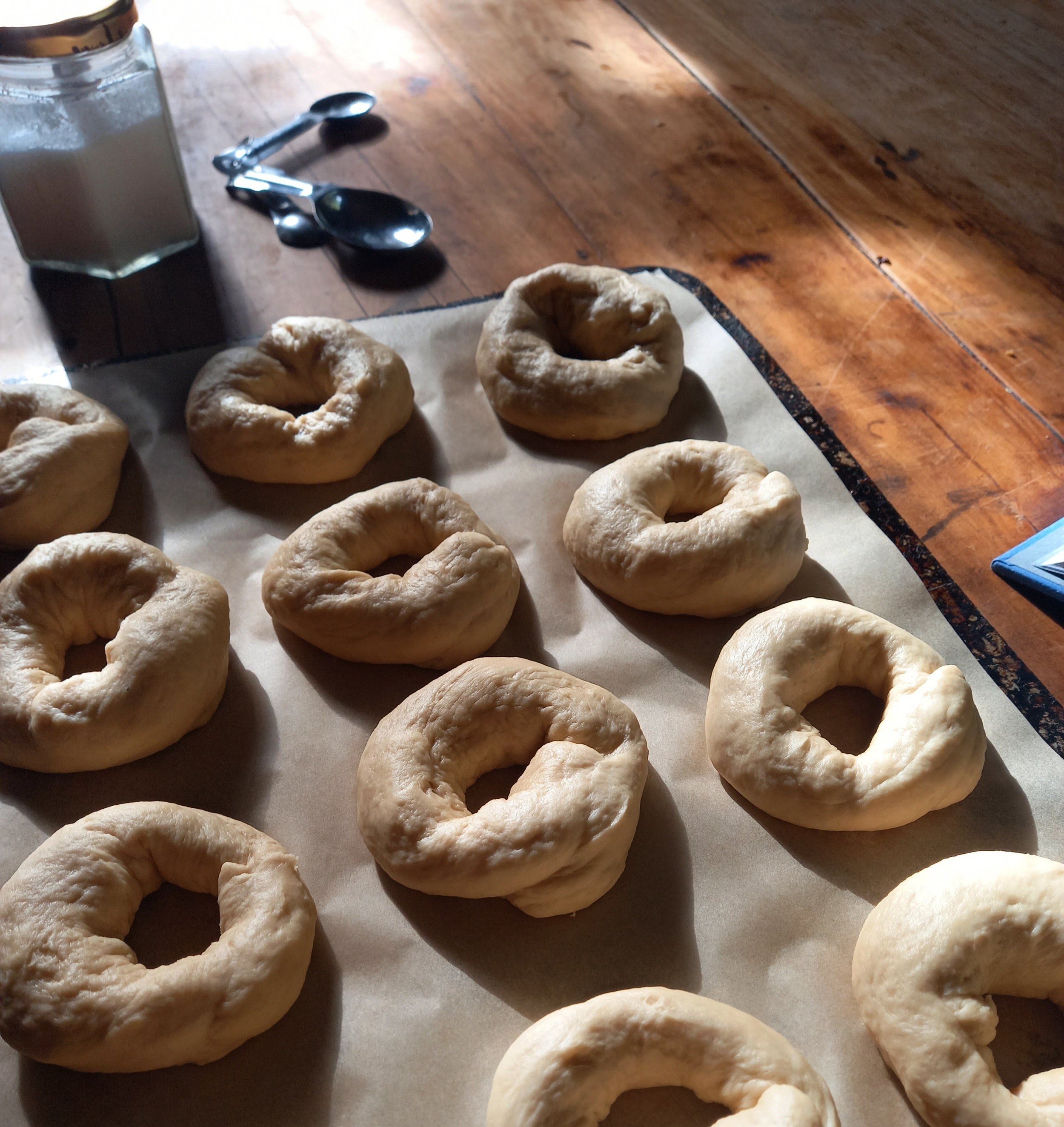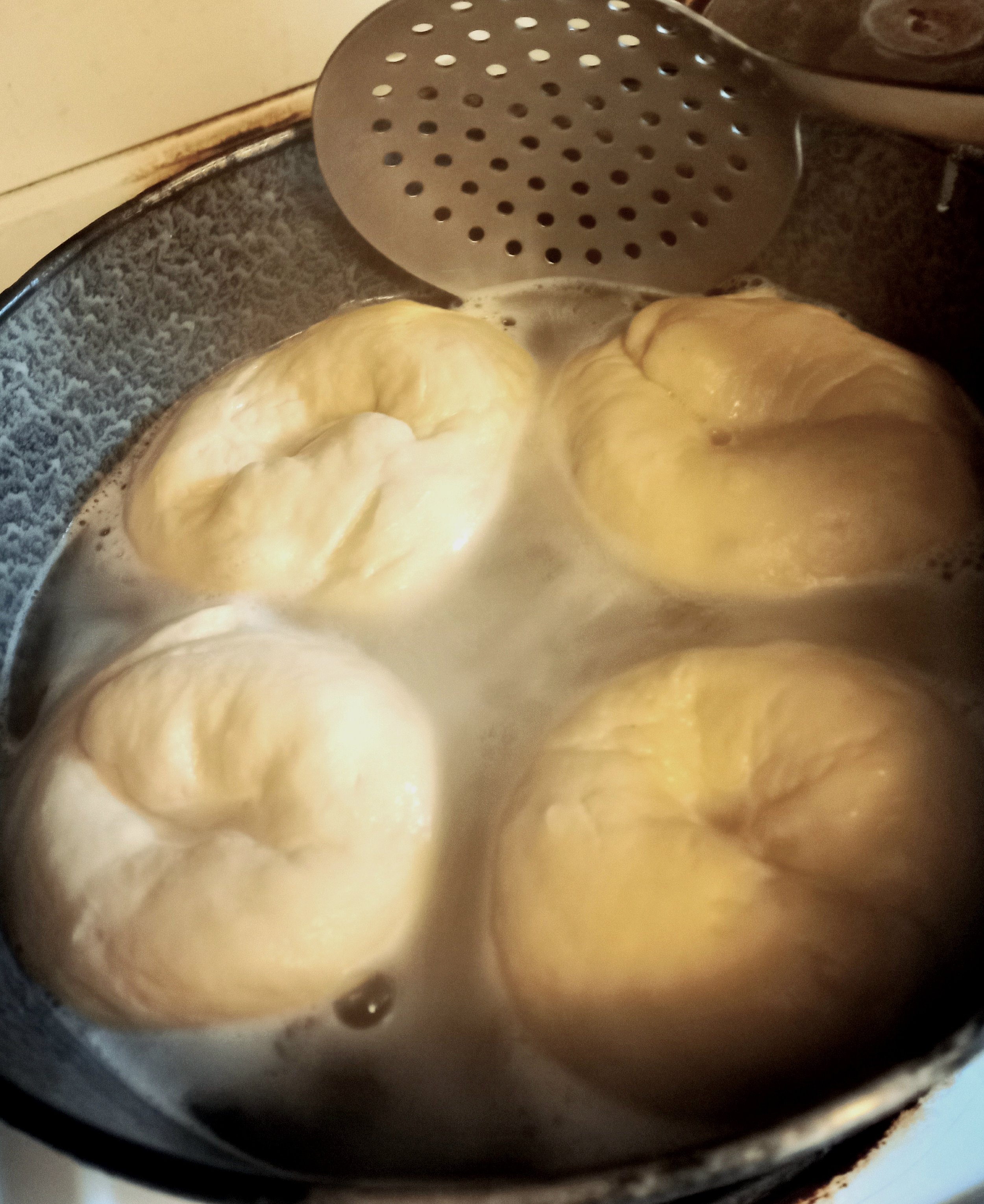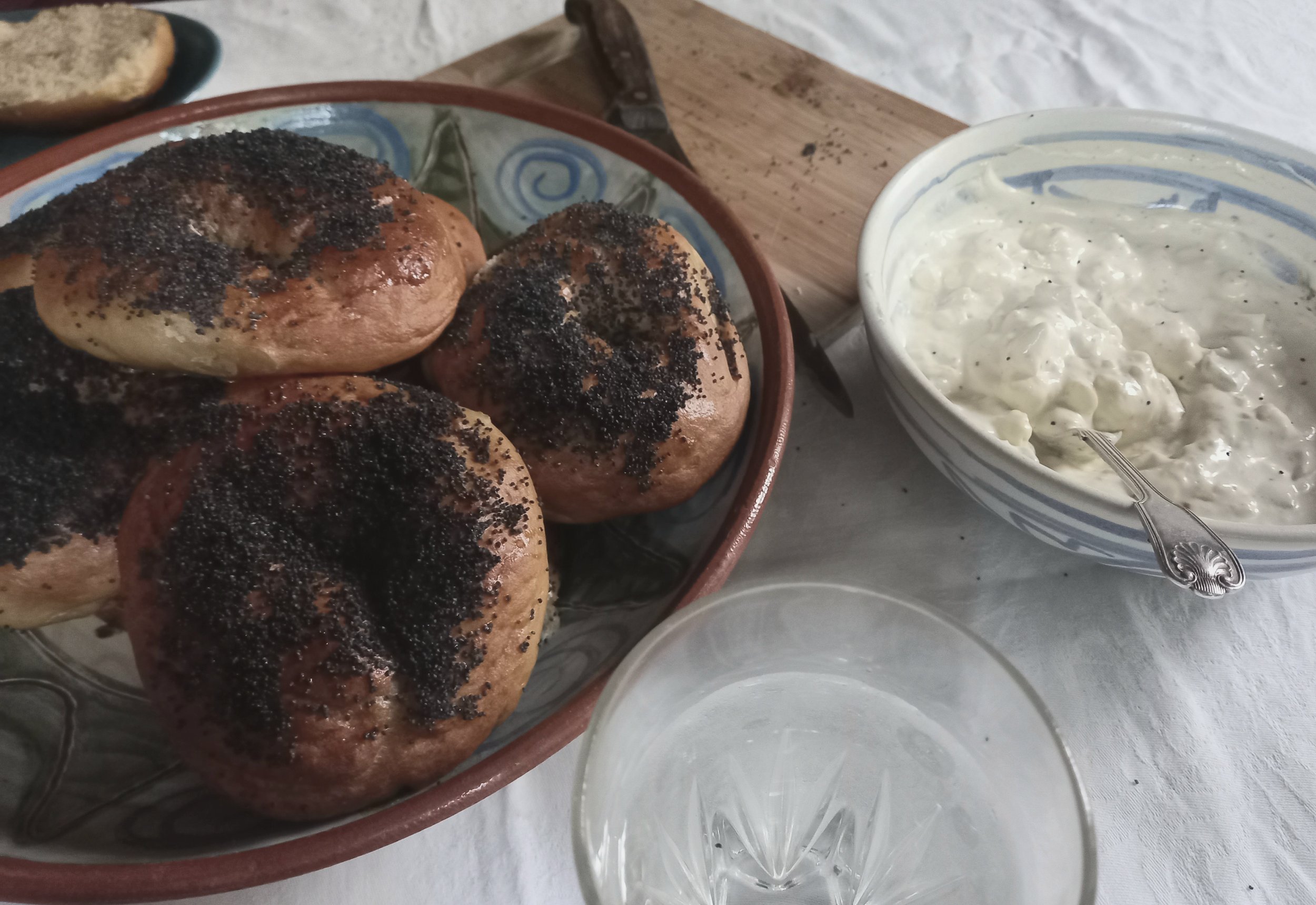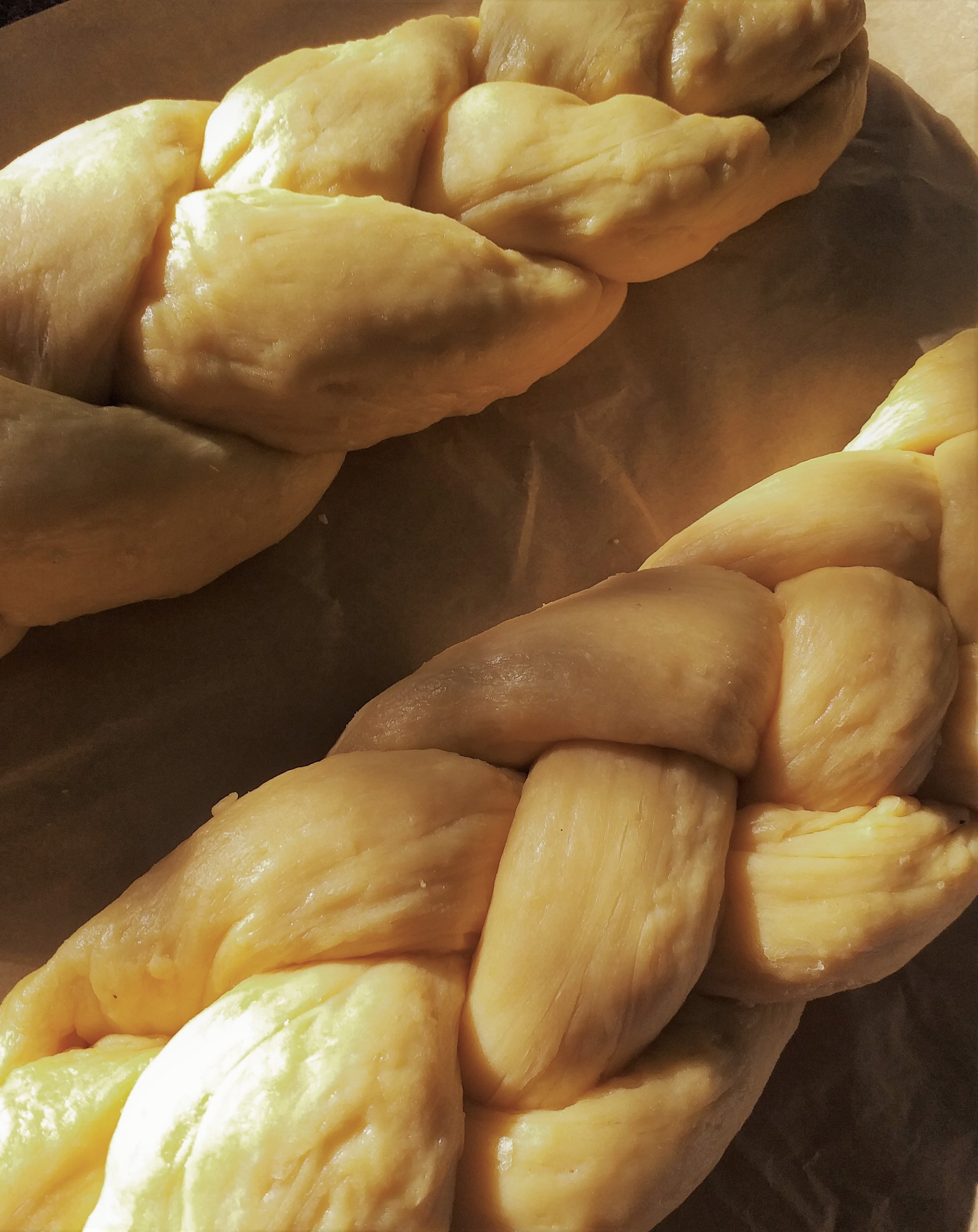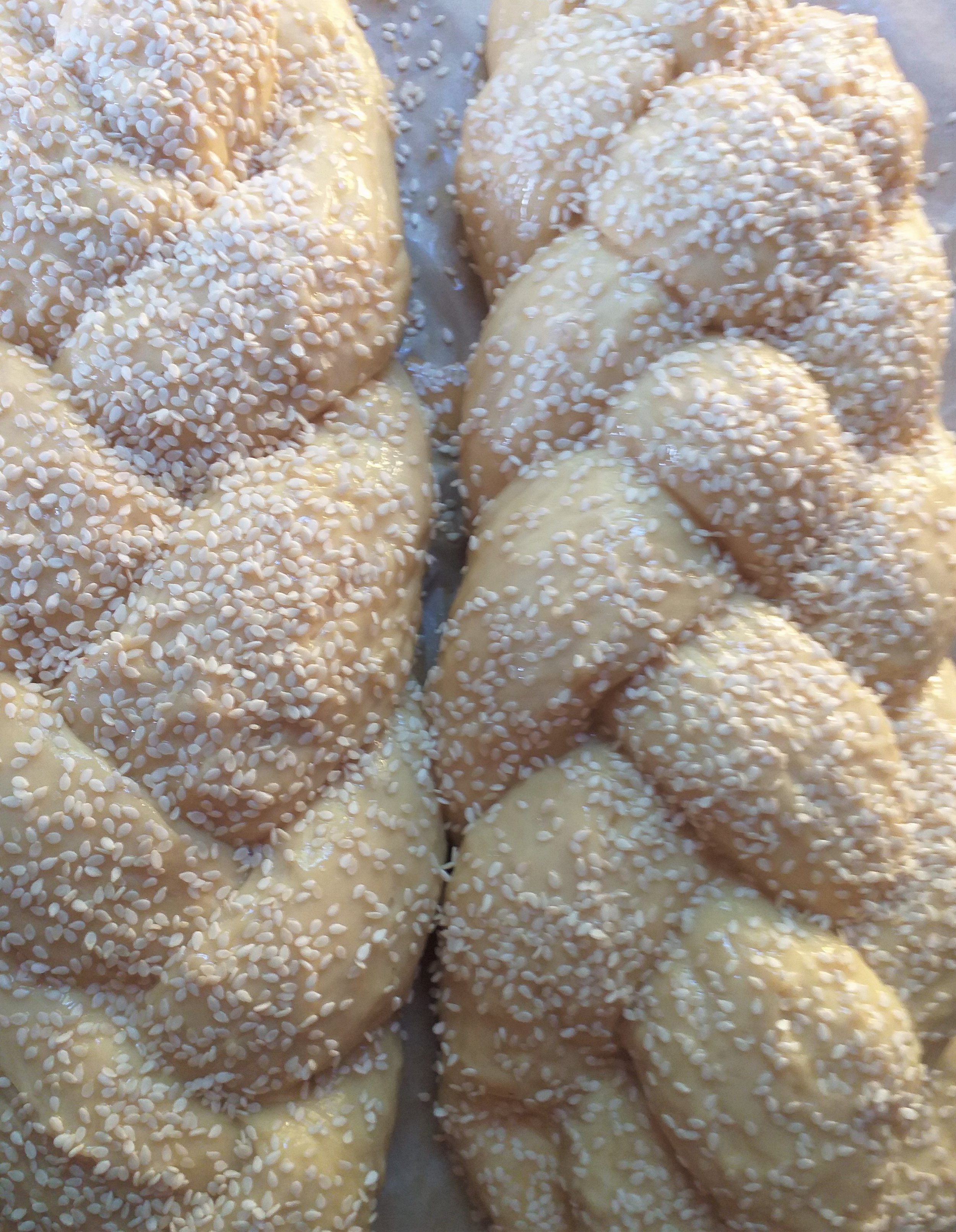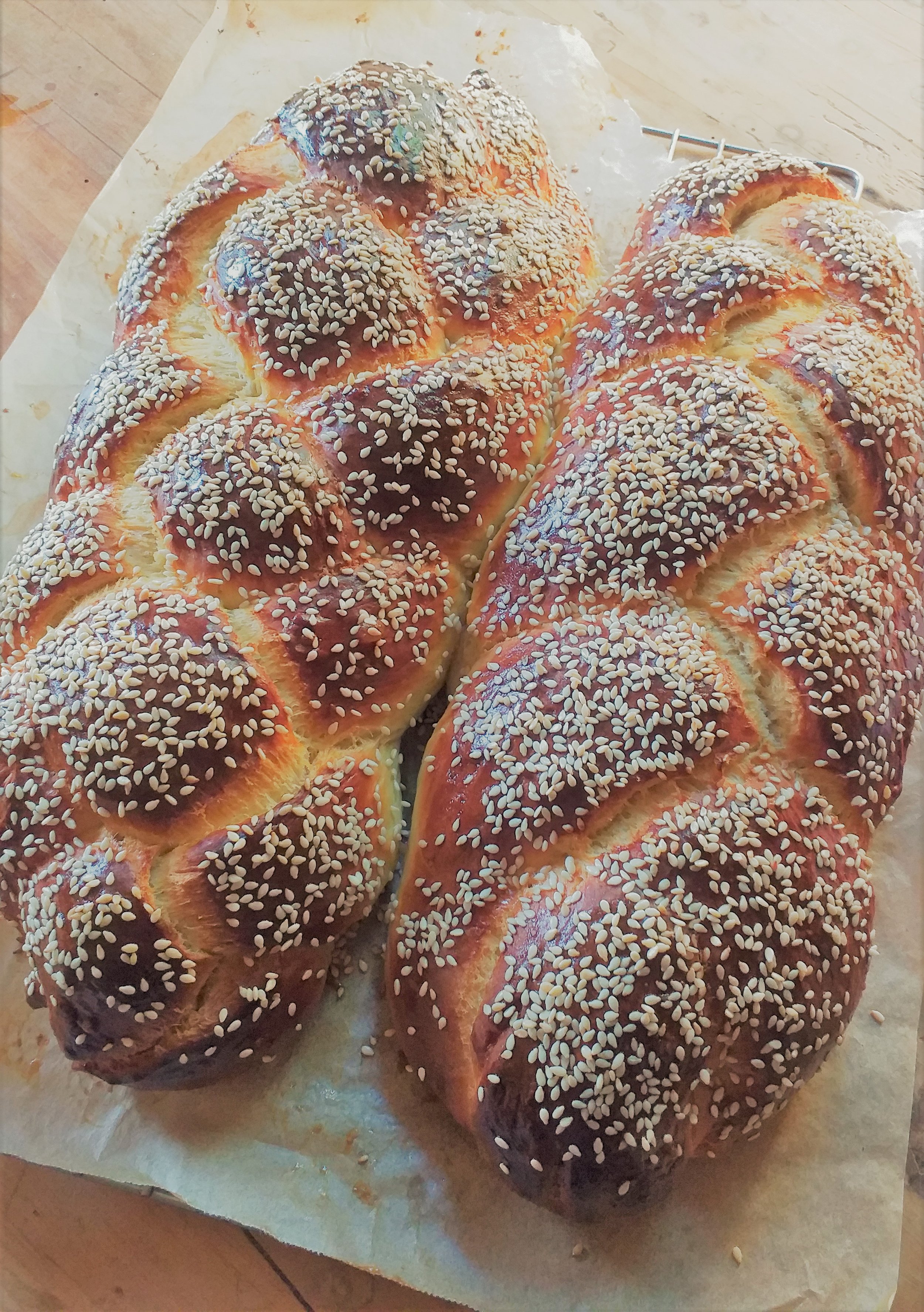New books — just out of the carton! Click through for your copies now.
Lioness by Emily Perkins $37
”You know how we say we devoured a story, and also that we were consumed by it? Eating and being eaten. It was like that with Claire, for me.” From humble beginnings, Therese has let herself grow used to a life of luxury after marrying into an empire-building family. But when rumours of corruption gather around her husband's latest development, the social opprobrium is shocking, the fallout swift, and Therese begins to look at her privileged and insular world with new eyes. In the flat below Therese, something else is brewing. Her neighbour Claire believes she's discovered the secret to living with freedom and authenticity, freeing herself from the mundanity of domesticity. Therese finds herself enchanted by the lure of the permissive zone Claire creates in her apartment a place of ecstatic release. All too quickly, Therese is forced to confront herself and her choices just how did she become this person? And what exactly should she do about it? The long-awaited novel (it has been eleven years since The Forrests!) from one of Aotearoa’s most notable writers.
>>Can a woman change her life?
>>A million unseen things.
Matariki by Gavin Bishop $16
When the Matariki cluster rises, each of the nine stars represent the promise of the year ahead. This stunning board book will guide our youngest tamariki through each star’s meaning, with simple, evocative words in te reo Māori and English, and with bold, engaging artwork. Mānawatia a Matariki! Happy Matariki!
>>Look inside!
The Pole, And other stories by J.M. Coetzee $40
Six stories exploring moral and emotional quandaries, often with wry humour. In the lead story, 'The Pole', set in Spain, concert pianist Witold attempts to play out a romantic fantasy with local music devotee Beatriz, who is considerably younger and whose marriage has gone cold. In person and in their correspondence, he is persistent, she resistant, but curious. It doesn't end quite as she might have imagined. The redoubtable character of Elizabeth Costello, now in her seventies, appears in four stories, engaging in philosophical discussions about death, motherhood and ethics with her adult children, in particular her son John. In the last story, 'The Dog', a young woman confronts a vicious dog- '"Curse you to hell!" she says. Then she mounts her bicycle and sets off up the hill.'
”To be hilarious about Heidegger is quite an achievement, but J.M. Coetzee pulls it off in one of these stories. Others, written in his beautifully limpid prose, raise profound questions about love, romantic and unromantic, growing old, and how we relate to animals. A marvellous collection that will delight and surprise you.” —Peter Singer
”Freed from literary convention, Mr Coetzee writes not to provide answers, but to ask great questions.” —Economist
The Skull: A Tyrolian folktale by Jon Klassen $36
In a big abandoned house, on a barren hill, lives a skull. A brave girl named Otilla has escaped from terrible danger and run away, and when she finds herself lost in the dark forest, the lonely house beckons. Her host, the skull, is afraid of something too, something that comes every night. Can brave Otilla save them both? Klassen’s artwork is better than ever, and the book is a beautifully produced hardback, with lovely paper stock.
>>Look inside (and see what the skull is frightened of)!
The Private Lives of Trees by Alejandro Zambra (translated by Megan McDowell) $25
Veronica is late, and Julian is increasingly convinced she won't ever come home. To pass the time, he improvises a story about trees to coax his stepdaughter, Daniela, to sleep. He has made a life as a literature professor, developing a novel about a man tending to a bonsai tree on the weekends. He is a narrator, an architect, a chronicler of other people's stories. But as the night stretches on before him, and the hours pass with no sign of Veronica, Julian finds himself caught up in the slipstream of the story of his life — of their lives together. What combination of desire and coincidence led them here, to this very night? What will the future — and possibly motherless — Daniela think of him and his stories? Why tell stories at all?
”When I read Zambra I feel like someone's shooting fireworks inside my head.” —Valeria Luiselli
>>Other books by Alejandro Zambra.
A Better Place by Stephen Daisley $38
In another visceral and involving novel, Daisley portrays the brutal effects of war on two New Zealand brothers. The old people in the district would often say that Roy was not quite the same after he come back. There was a brother. A twin brother, Tony. Tony Mitchell, different boy but a good rugby player. Bit of a mental case, they said, but Roy would have none of it. He always stayed close to Tony when they were growing up. They both went off to fight, must have been 1940. Only the one come back, though. Crete, they thought. We lost Tony over there.
”Stephen Daisley writes with the potent economy of a short-story writer, and he triumphs with this visceral account that will linger in your mind long after the last page.” —North & South
A Line in the World: A year on the North Sea coast by Dorthe Nors (translated from Danish by Caroline Waight) $40
There is a line that stretches from the northernmost tip of Denmark to where the Wadden Sea meets Holland in the south-west. Dorthe Nors, one of Denmark's most acclaimed contemporary writers, grew up on this line; a native Jutlander, her childhood was spent among the storm-battered trees and wind-blasted beaches of the North Sea coast. In A Line in the World, her first book of non-fiction, she recounts a lifetime spent in thrall to this coastline — both as a child, and as an adult returning to live in this mysterious, shifting landscape. This is the story of the violent collisions between the people who settled in these wild landscapes and the vagaries of the natural world. It is a story of storm surges and shipwrecks, sand dunes that engulf houses and power stations leaching chemicals into the water, of sun-creased mothers and children playing on shingle beaches. Nicely written.
"A beautiful, melancholy account of finding home on a restless coast. In Dorthe Nors's deft hands, the sea is no longer a negative space, but a character in its own right. I loved it." —Katherine May, author of Wintering
>>The shortest night of the year.
What an Owl Knows: The new science of the world’s most enigmatic birds by Jennifer Ackerman $40
For centuries, owls have captivated and intrigued us. Our fascination with these mysterious birds was first documented over 30,000 years ago, in the Chauvet cave paintings in southern France, and our enduring awareness and curiosity of their forward gaze and nearly silent flight has cemented the owl as a symbol of wisdom and knowledge, foresight and intuition. But what, really, does an owl know? Though our infatuation goes back centuries, scientists have only recently begun to study these birds in great detail. While more than 270 species exist today, and reside on every continent except Antarctica, owls are far more difficult to find and study than other birds - because while not only cryptic and perfectly camouflaged, owls are most active in the dark of night. Joining scientists on this maddening and elusive treasure hunt, Jennifer Ackerman brings alive the rich biological history of these animals and reveals the remarkable scientific discoveries into their brains and behaviour. She explores how, with modern technology and tools, researchers now know that owls talk all night long - without opening their bills. That their hoots follow a series of complex rules, allowing them to express needs and desires. That owls duet. They migrate. They use tools. They hoard their prey. Some live in underground burrows, some dine on scorpions. Ackerman brings this research alive with her own personal field observations about owls, and dives deep too into why this bird endlessly inspires and beguiles us.
>>What we can learn from owls.
The Librarianist by Patrick deWitt $37
Bob Comet is a retired librarian passing his solitary days surrounded by books in a mint-colored house in Portland, Oregon. One morning on his daily walk he encounters a confused elderly woman lost in a market and returns her to the senior center that is her home. Hoping to fill the void he's known since retiring, he begins volunteering at the center. Here, as a community of strange peers gathers around Bob, and following a happenstance brush with a painful complication from his past, the events of his life and the details of his character are revealed. Behind Bob Comet's straight man facade is the story of an unhappy child's runaway adventure during the last days of the Second World War, of true love won and stolen away, of the purpose and pride found in the librarian's vocation, and the pleasures of a life lived to the side of the masses.
>>(Unheroic).
I’d Rather Not by Robert Skinner $35
"I was sleeping in what might reasonably be described as a ditch, though I tried not to think of it in those terms for morale reasons." Robert Skinner arrives in the city, searching for a richer life. Things begin badly and then, surprisingly, get slightly worse. Pretty soon he’s sleeping rough and trying to run a literary magazine out of a dog park. His quest for meaning keeps being thwarted, by endless jobs, beagles, house parties, ill-advised love affairs, camel trips and bureaucratic entanglements. I’d Rather Not is about work, escape and that something more we all need.
”This book is like a big, properly made gin and tonic drunk outside in a garden on a perfect Saturday afternoon.” —Cate Kennedy
”No one writes better when the stakes are lower.” —Sam Vincent
>>Sunshine through the cracks in the wall.
Material World: A subtsantial story of our past and our future by Ed Conway $40
Sand, salt, iron, copper, oil and lithium. They built our world, and they will transform our future. These are the six most crucial substances in human history. They took us from the Dark Ages to the present day. They power our computers and phones, build our homes and offices, and create life-saving medicines. But most of us take them completely for granted. In Material World, Ed Conway travels the globe — from the sweltering depths of the deepest mine in Europe, to spotless silicon chip factories in Taiwan, to the eerie green pools where lithium originates — to uncover a secret world we rarely see. Revealing the true marvel of these substances, he follows the mind-boggling journeys, miraculous processes and little-known companies that turn the raw materials we all need into products of astonishing complexity. As we wrestle with climate change, energy crises and the threat of new global conflict, Conway shows why these substances matter more than ever before, and how the hidden battle to control them will shape our geopolitical future.
”Lively, rich and exciting, and full of surprises. Underlines that to understand global geopolitics, you need to understand natural resources and geology.” —Peter Frankopan
This Devastating Fever by Sophie Cunningham $28
Sometimes you need to delve into the past, to make sense of the present Alice had not expected to spend most of the twenty-first century writing about Leonard Woolf. When she stood on Morell Bridge watching fireworks explode from the rooftops of Melbourne at the start of a new millennium, she had only two thoughts. One was: the fireworks are better in Sydney. The other was: is Y2K going to be a thing? Y2K was not a thing. But there were worse disasters to come. Environmental collapse. The return of fascism. Wars. A sexual reckoning. A plague. Uncertain of what to do she picks up an unfinished project and finds herself trapped with the ghosts of writers past. What began as a novel about a member of the Bloomsbury Set, colonial administrator, publisher and husband of one the most famous English writers of the last hundred years becomes something else altogether. Now in paperback.
”This Devastating Fever is thrillingly audacious fiction. Sophie Cunningham’s entwined subjects are profound — Leonard Woolf and colonialism, the crises of the present day, the challenges of creative work — and she writes commandingly and inventively about them all. The result is an extraordinary novel.” —Michelle de Kretser
'This is a great novel of enduring significance and enormous beauty.’ – Sydney Morning Herald
>>Click!
>>Grace in the trying.
Horizons: A global history of science by James Poskett $32
A radical retelling of the history of science that foregrounds the scientists erased from history. In this major retelling of the history of science from 1450 to the present day, James Poskett explodes the myth that science began in Europe. The blinkered Western gaze focusing on individual 'genius' — Copernicus, Newton, Darwin, Einstein - was only one part of the story. The reality was an utterly global, non-linear pattern of cross-fertilisation, competition, cooperation and outright conflict. Each rupture in history carved fresh channels for global exchange. Here, for the first time, Poskett celebrates how scientists from Africa, America, Asia and the Pacific were integral to this very human story. We meet Graman Kwasi, the African botanist who discovered a new cure for malaria; Hantaro Nagaoka, the Japanese scientist who first described the structure of the atom; and Zhao Zhongyao, the Chinese physicist who discovered antimatter. Now in paperback.
The Bear House by Meaghan McIsaac $24
Moody Aster and her spoiled sister Ursula are the daughters of Jasper Lourdes, Bear Major and high king of the realm. Rivals, both girls dream of becoming the Bear queen someday, although neither really deserve to, having no particular talent in... well, anything. But when their Uncle Bram murders their father in a bid for the crown, the girls are forced onto the run, along with lowly Dev the Bearkeeper and the half-grown grizzly Alcor, symbol of their house. As a bitter struggle for the throne consumes the kingdom in civil war, the sisters must rely on Dev, the bear cub, and each other to survive — and find wells of courage, cunning, and skill they never knew they had.
Fire Rush by Jacqueline Crooks $37
Yamaye lives for the weekend, when she can go raving with her friends at The Crypt, an underground club in the industrial town on the outskirts of London where she was born and raised. A young woman unsure of her future, the sound is her guide — a chance to discover who she really is in the rhythms of those smoke-filled nights. In the dance-hall darkness, dub is the music of her soul, her friendships, her ancestry. But everything changes when she meets Moose, the man she falls deeply in love with, and who offers her the chance of freedom and escape. When their relationship is brutally cut short, Yamaye goes on a dramatic journey of transformation that takes her first to Bristol — where she is caught up in a criminal gang and the police riots sweeping the country — and then to Jamaica, where past and present collide with explosive consequences.
Short-listed for the 2023 Women’s Prize for Fiction.
Event Factory by Renée Gladman $38
A ‘linguist-traveler’ arrives by plane to Ravicka, a city of yellow air in which an undefined crisis is causing the inhabitants to flee. Although fluent in the native language, she quickly finds herself on the outside of every experience. Things happen to her, events transpire, but it is as if the city itself, the performance of life there, eludes her. Setting out to uncover the source of the city's erosion, she is beset by this other crisis—an ontological crisis—as she struggles to retain a sense of what is happening. Gladman’s novels about the invented city-state of Ravicka, a foreign ‘other’ place are fraught with the crises of contemporary urban experience, not least the fundamental problem of how to move through the world at all.
”More Kafka than Kafka, Renee Gladman's achievement ranks alongside many of Borges' in its creation of a fantastical landscape with deep psychological impact." —Jeff VanderMeer
"In Renee Gladman's extraordinary Event Factory, the world in all its languaged variousness adumbrates a 'yellow-becoming' map for our deepest internal spelunkings, a map we don't dare do without as we negotiate, along with our intrepid narrator, the world of Ravicka, the sprawling city, where, we might say, to borrow from Gladman, 'nothing happens, nothing happens, then everything is 'said' to happen . . .' and where we might also say, to borrow from Beckett, the magnifying and minifying mirrors have been shattered and the body has, yes, 'vanished in the havoc of its images.'" —Laird Hunt
"Gladman is more fantasist than estranging analyst. The quality of her dreaming, its interior abstraction, is exquisite. Its wonder lies in how closed its shutters are to any mundane world, how far back the lanes and alleyways of its imagining recede from the proper nouns and pedestrianisms of our lives." —n+1
"The Ravikian novels exalt the primacy of language to further imaginative possibility, which dominant and oppressive regimes would shut down. Gladman's writing cleaves to the luminous. It slips through the gaps in our thinking to pluralise, queer, subvert, and mobilise. These books are strange but, through a bright and deft poetic obliquity, they shine an incomparable light onto our contemporary moment." —The White Review








































